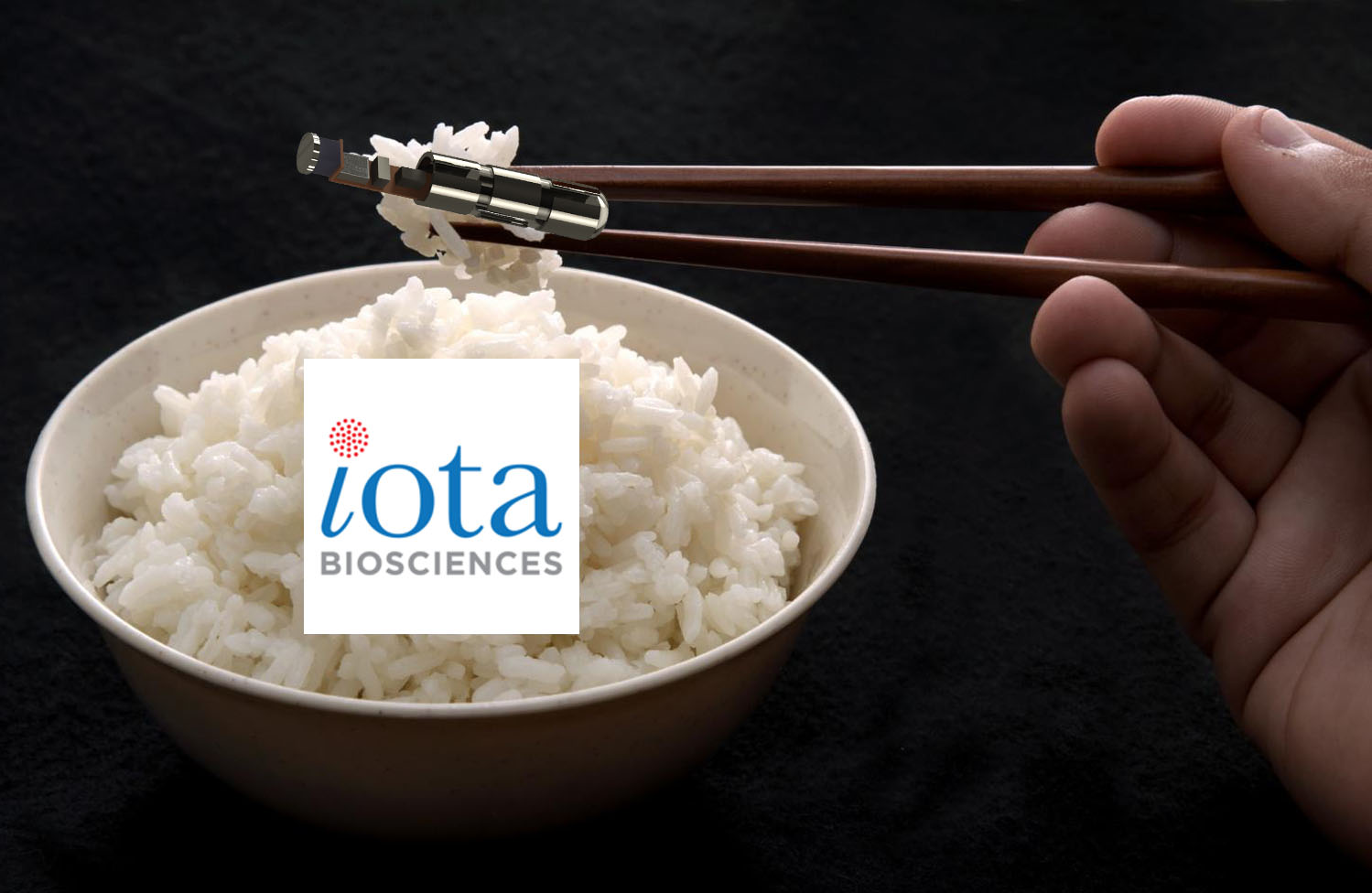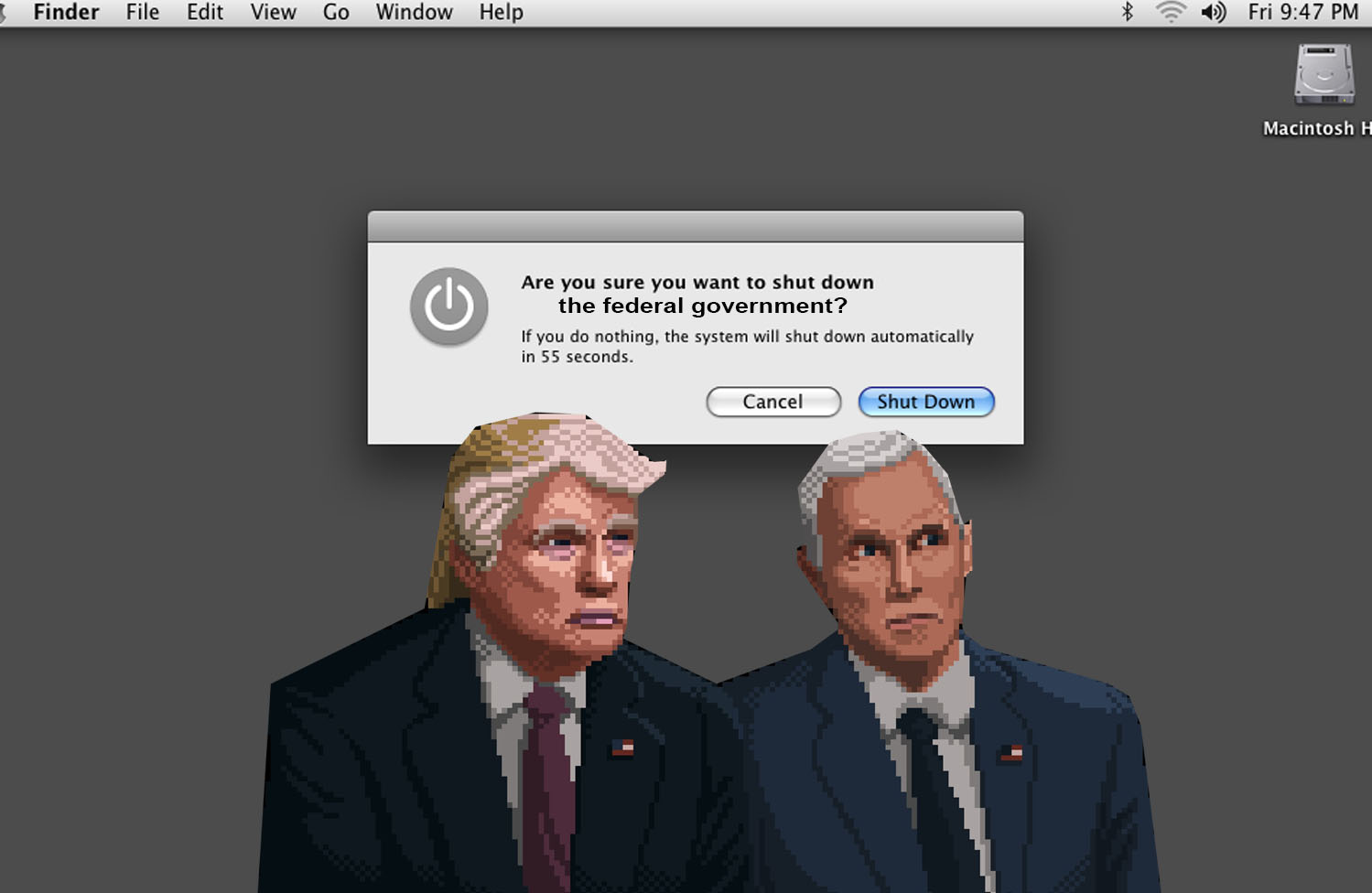Though I cannot speak for everyone on this issue, I will fully admit that health-tracking devices genuinely give me anxiety. It’s bizarre that a watch can tell you if you haven’t stood up in three hours because you’ve been binge-watching Black Mirror on Netflix (NFLX), or notify you when your heart rate spikes because you ate an entire pint of rocky road ice cream whilst watching Black Mirror. Though I fully recognize the benefits of fitness tracking and heart-rate monitors, I still find them to be a bit invasive, especially considering issues related to tech companies and their inability to keep consumer data safe from unsavory characters. While products like Apple Watch (AAPL) and Fitbit (FIT) can be seen on wrists around the world, we have yet to develop a technological solution for consumers to track the internal operations of their own bodies.
Enter Iota Biosciences, a company comprised of UC Berkeley experimental medical researchers, dedicated “to transforming how doctors monitor and treat disease by advancing our understanding of how bioelectronics interact with the human nervous system.” Judging solely off the tagline from their official website, consumer interest should already be piqued. Iota has been working, for several years, on a millimeter-wide sensor, which is smaller than a grain of rice, that can be surgically placed inside your body and will wirelessly transmit information to the outside world regarding your body’s internal wellbeing.
According to TechCrunch, the company’s co-founders, Jose Carmena, and Michel Maharbiz met back at Berkeley when they were working on improving the state of micro-electrodes. For those unfamiliar with micro-electrodes, the little doodads have the ability to detect early indications of seizures when placed in or around the brain, as well as test the rhythms of cardiac tissues when located near the heart.
“The idea at first was to have free-floating motes int he brain with radio frequency powering them. But they ran into a fundamental problem: RF radiation, because of its long wavelength, requires rather a large antenna to receive them. Much larger than was practical for devices meant to swim in the bloodstream.”
–Jose Carmena
Carmena went on to explain that, at a meeting where he and his partner would test their hopefully functional product, the test didn’t go as planned. He said that “because we were like two orders of magnitude away from what we needed, the physics just weren’t there.” It was at this point that the two Berkeley men had a simultaneous moment of clarity; the solution was ultrasound. To put it simply, the new idea was to embed sensors that would share data via the power of sound, considering that sound waves are far less taxing on the body compared to radiation. The fact that the only transmission involved is ultrasound has allowed for Iota’s product to easily appease the demigods responsible for approving medical treatments, i.e. the FDA.
“The FDA has well-defined limits for average and peak powers for the human body with ultrasound, and we’re nowhere near those frequencies or powers. This is very different. There’s no exotic materials or techniques. As far as constant low-level ultrasound goes, the notion is really that it does nothing.”
–Michel Maharbiz
To date, Iota Biosciences has raised approximately $15 million in funding, led by Horizons Ventures, Astellas, Bold Capital Partners, Ironfire, and Shanda, according to TechCrunch reports. Their first round of funding should sustain the startup for at least a year or so, at which time they should hopefully have some semblance of a production-ready product to show investors/the FDA.





